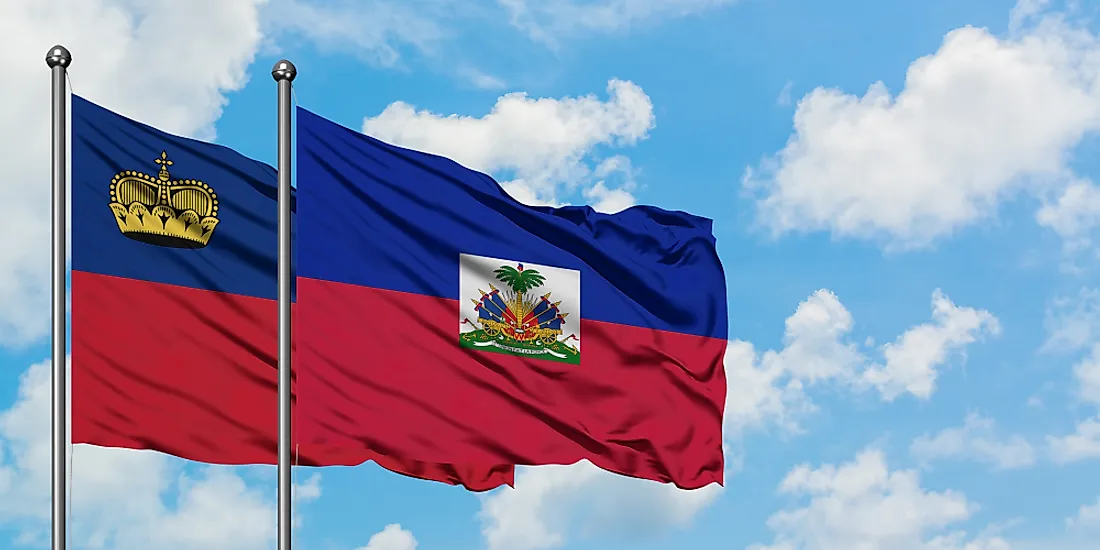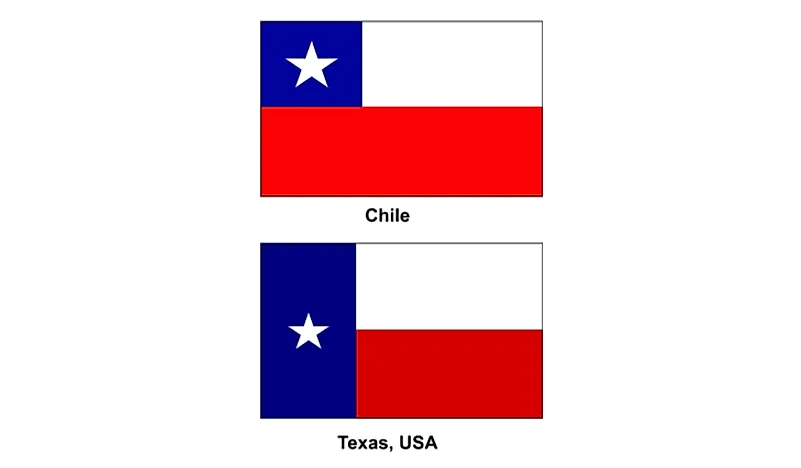The political system of Benin takes place in a presidential representative democratic republic. The President of Benin is the head of government as well as the head of state. The current system is outlined in the 1990 Constitution of Benin before the transition to democracy in 1991. This constitution reformed the political and economic system of the country after the collapse of the Soviet Union which had influenced and funded the Marxist government from 1975-1990. Executive power in Benin is held and exercised by the government and legislative power is vested in the government and the national legislature.
Elections in Benin for the presidency usually take place every six years but the next election is scheduled for 2012, 5 years after the last election in March of 2016. All 83 seats in the National Assembly are elected by the people of Benin every five years. These seats are divided among 24 multi-member electorates or constituencies. Voters must be 18 years of age and candidates for the government of Benin must be at least 25 years old.
The legislature of Benin is known as the National Assembly and is located in the capital city of Porto-Novo which is in the southern part of the nation. This parliament was first founded in 1959 and prior to this time, citizens of Benin took part in heavily controlled elections to vote a representative to the French National Assembly. The National Assembly has pledged to combat corruption, illiteracy, and lack of transparency in many sectors in Benin.
Benin has a multi-party system with multiple political parties. The most popular parliamentary parties include the Union for Future Benin, the Impulse to Progress and Democracy, and the Alliance of Progress Forces.
This page was last modified on May 1st, 2018
More on Graphicmaps

Published on 2019-11-06
What is a Trade Embargo?

Published on 2019-11-04
Which Two Countries Used to Have the Same Flag?

Published on 2019-09-16
What Is the Only Two-Sided State Flag?

Published on 2019-09-16
Which Country Flag Looks Like the Texas Flag?

Published on 2019-08-29
Flags That Resemble the US Flag

Published on 2019-08-20
